In a couple of weeks, the world's first Rainforest Alliance-certified red-fleshed pitahayas will start to be shipped from Costa Rica to international markets under the Cabo Blanco Fresh seal, says Juan Carlos Piña, president of the company.
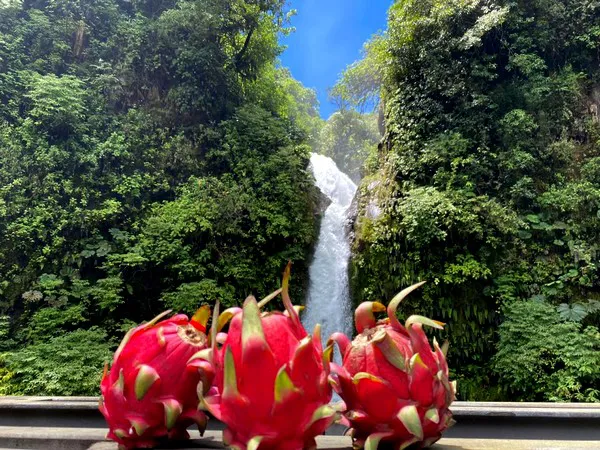
"At our facilities, we will also be able to pack and export the pitahayas from other growers, most of them members of the National Chamber of Pitahaya Producers, which I chair. The goal is to achieve the shipment of commercial volumes of this unique fruit. From June to September we expect to ship about 5,000 kilos of red-fleshed pitahaya per week."
"We have a certified packing plant and all the necessary export licenses, but the idea is that the producers will get to know the process, and as they increase their production volumes, they will also be able to become exporters themselves and supply the market with red pitahayas from Costa Rica. At this time, the supply is still insufficient to meet the existing demand."
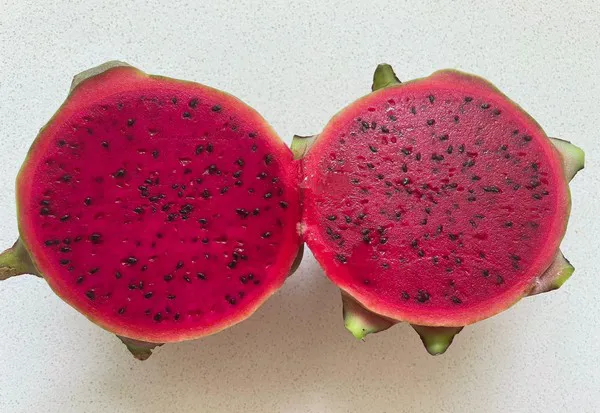
"We will export the fruit to Spain and the United Kingdom, and also to Canada," says Juan Carlos. "Canada is becoming a very interesting market for exotic fruits, especially because of the large number of Hispanic and Asian people living in the country, and is demanding significant quantities, not only of pitahaya. This year, two Canadian supermarkets, which buy our red pitahaya, became interested in Costa Rica's exotic products and have asked us to send consolidated loads of rambutan and jocote along with the pitahaya pallets, which will be shipped by air."
"We have achieved this thanks to the help of Procomer. In the medium term, in addition to rambutan and jocote, other fruits, such as cape gooseberry, mangosteen or pomegranate, may also be added to the list. This, in fact, is our new project for the second half of 2022, which we will start next month and which will be more extensive."
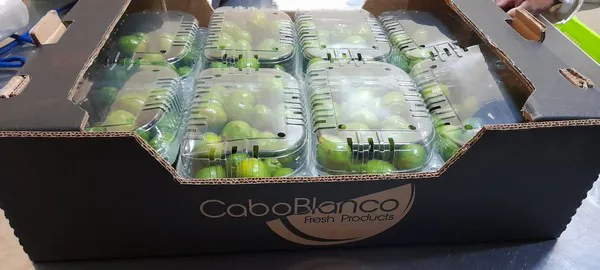
"For the second-rate fruit that is rejected for shipment to supermarkets because it does not meet their aesthetic requirements we are launching a project for the production and export of frozen pulp."
"Our goal is to certify pitahayas as 'carbon neutral'"
Procomer is set to play an important role in the promotion of Costa Rican red pitahaya and the dissemination of the unique properties of this native variety, says Juan Carlos.
"We already have the Rainforest Alliance and Global Gap certifications, but our goal is to become certified as 'carbon neutral'. In fact, we already are, and we could even say that we are 'carbon negative', in the sense that our farms capture more CO₂ than they emit, thanks to the 8 hectares of protected forest we have, registered with the Ministry of the Environment under the environmental services modality."
"Moreover, in my opinion, pitahaya is the only crop that is ready for climate change, because the amount of water needed for its cultivation is very small, only 2 mm, and given all this, we are already looking at the possibility of having it acknowledged as an agroforestry crop."
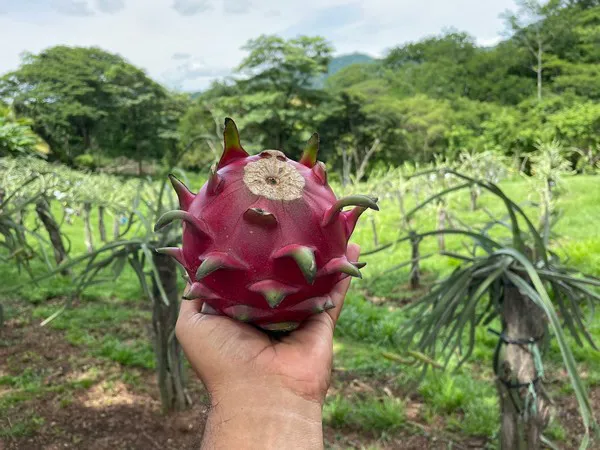
"The global trends of our customers and potential customers are aimed at obtaining fruits that stand out in terms of good agricultural practices, environmental protection and responsibility with the communities. These are no longer just differentiating qualities, but a requirement for many markets."
"Agriculture represents the moral reserve of the people".
Certifications have brought key advances in sustainability in agriculture at many levels. The efforts of the production chain have made it possible for consumers today to receive products that are traceable, safe and environmentally and socially responsible; however, global agriculture is currently feeling the strong impact of war, logistical problems and the crisis of the rising cost of inputs.
"Today, more than ever, we must support domestic producers in all countries. I call on decision-makers to support agricultural producers in these times when everything is going up except the price of food. Because what good will it do in the end to have a lot of money if there is no food you can buy?"
"Food sovereignty is indispensable. We have to protect every country's basic food supply (depending on their cultures) to avoid the impact that a global food shortage would cause. In Costa Rica, for example, this has already happened with corn. Corn is originally from Mesoamerica; however, in our country, unfortunately, it is no longer produced. It was cheaper to import it from the United States and it was like that for many years until national producers abandoned the activity, as they could not compete with imports, and the same could happen with rice and beans, both basic foods in the country."
"Agriculture also helps the people who work in it put down roots in the places where they live. It is a source of income for the inhabitants of rural communities and prevents rural people from migrating to the cities, which leads to rings of poverty growing in the suburbs and boosting crime."
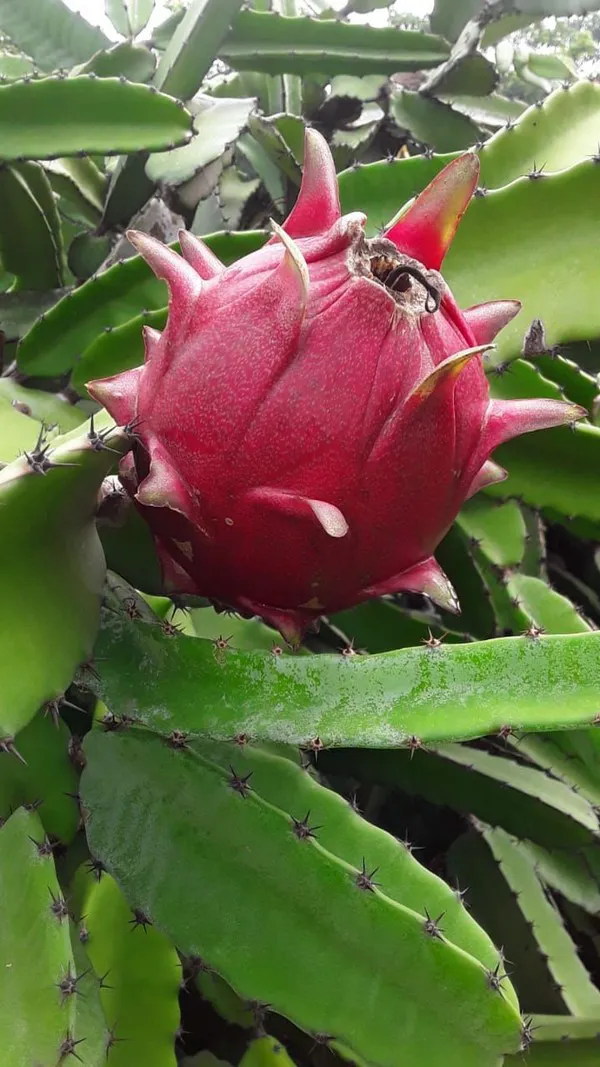
"I loved the words that the bishop said last Sunday in mass: agriculture represents the moral reserve of the people. It is basically in the fields where the cultural traditions of our countries remain, where the wealth of folklore, handicraft, recipes or festivities reside, and that in turn makes the people of those communities love nature, their culture and their customs."
"That is why we have to protect agricultural producers and agriculture. And pitahaya, as well as jocote or rambutan, is an excellent option, as are other exotic fruits that the world is demanding, and which could be promoted in Costa Rica."
 For more information:
For more information:
Cabo Blanco Fresh Products
products@caboblancofresh.com
http://caboblancofresh.com
